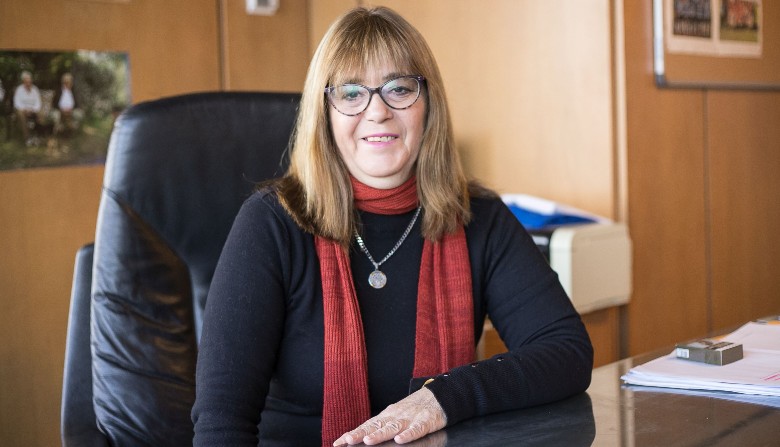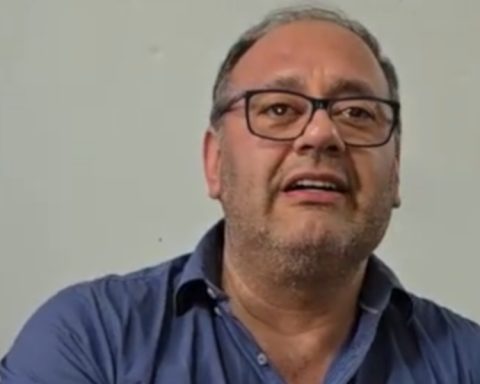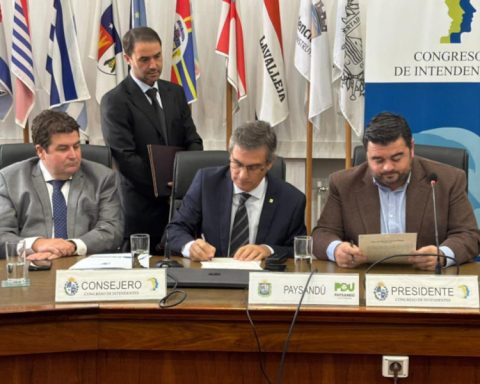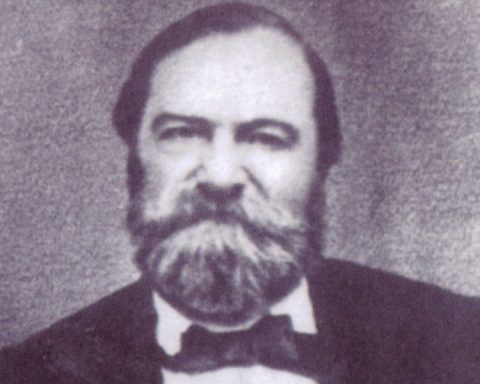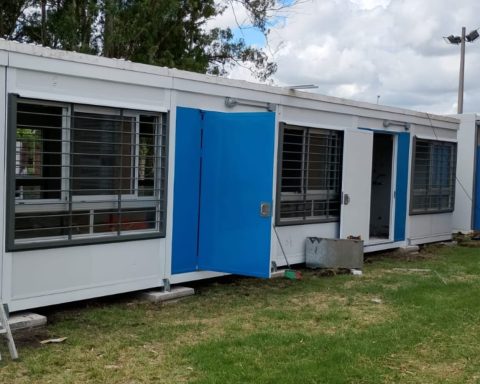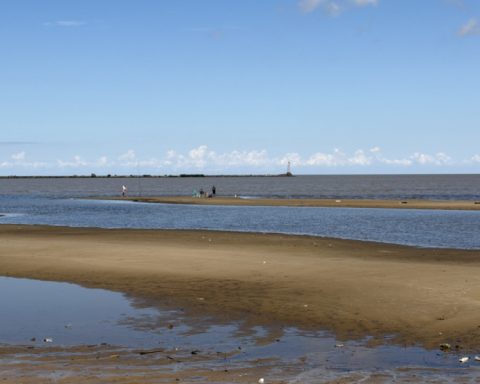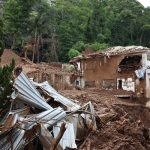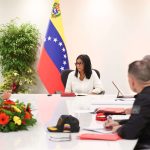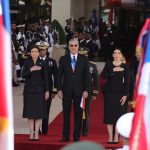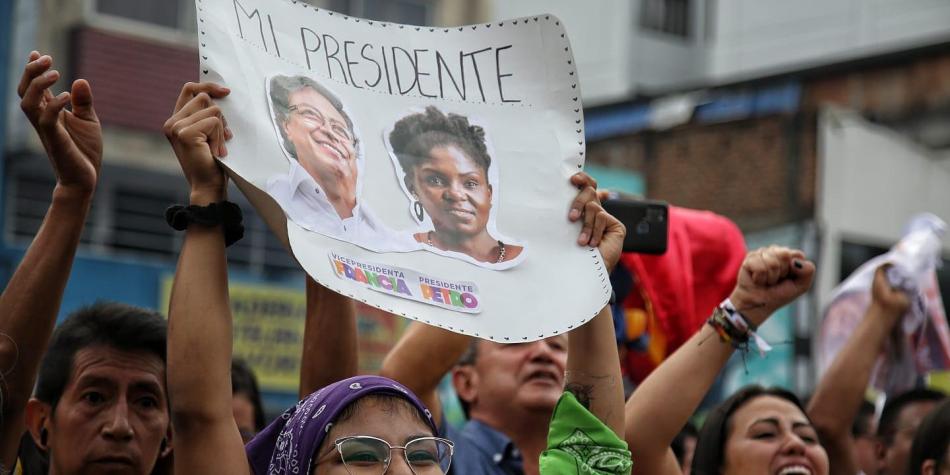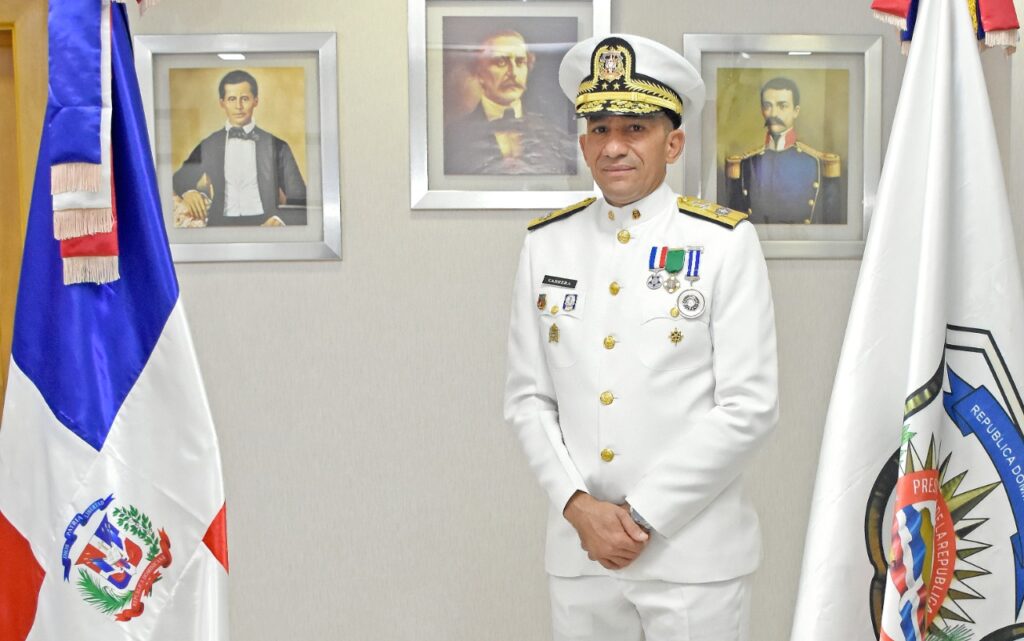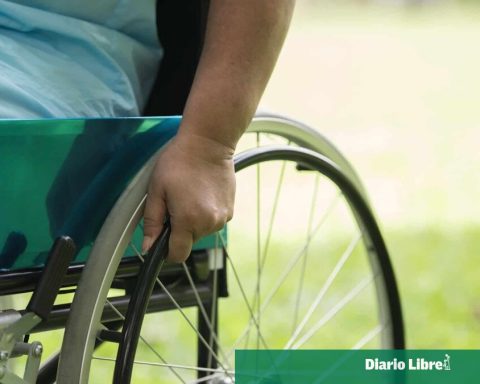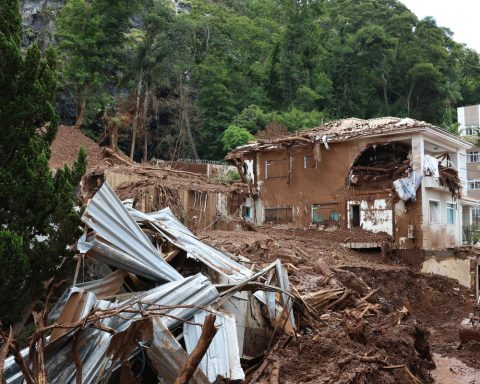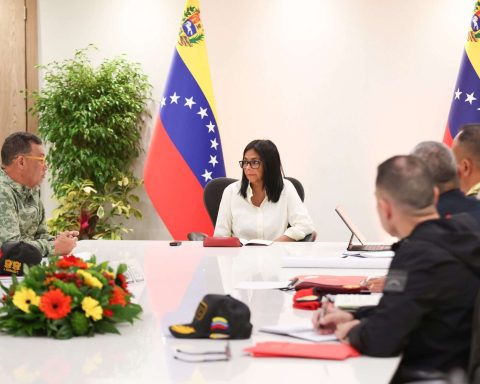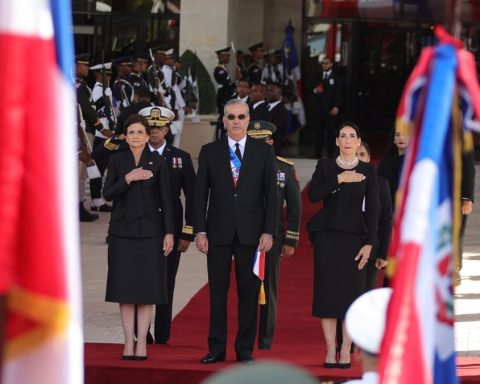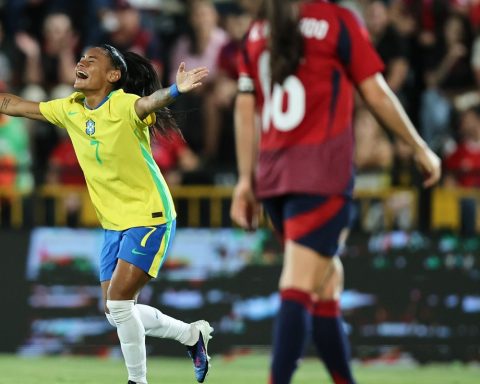With the presidency of Fernando Pereira in the Broad Front, the national representative Cecilia Cairo (MPP) considered the political force entered a “good stage, in which we stand on the field as opposition, but as a constructive opposition, open to listen the criticism. Cairo spoke with Diario La R about the current situation in the country and said that “the FA needs new leadership.”
-How do you see the current moment of the Broad Front?
-We come from a long process, after losing the elections…
-Things happened after the elections, like an internal election, the assumption of Fernando Pereira as president of the political force, the campaign for the repeal of the Law of Urgent Consideration…
-I think we have come from a long process that explains some things of the present: we lost the elections, we had the development of a self-criticism that took time, for many it was too much, but it was necessary to dedicate that time after the objectivities get lost in subjectivities. As in personal life, that takes time.
This is how it happened, from that self-criticism things arose that we are carrying forward and another thing that we need is new, strong blood, with an important leadership in the Broad Front that would allow us a leap in quality. That is for us Fernando Pereira. Both in the campaign and in the presidency, he made all the members of the Front with whom I speak, and even myself, feel well represented in terms of openness, response, consistency of response.
We are in a stage that I would call good, in which we stand on the field as an opposition, but as a constructive opposition, open to listening to criticism.
An opposition willing to listen to the neighbor about the things that they think are important to take into account in terms of having a program that has been built with the people; not only with the militants that we are always.
We can have a vision that is not wrong, but that vision that everyday life gives us lifts us, the one that people live every day. I believe that we are achieving it with the Broad Front, it listens to you that it started with great force, that it is exhausting, that it will have three stages: we started, but we did not stop.
-The most recent stage was in Rivera…
-In Rivera, it was Pereira, accompanied by Charles Carrera and Gustavo Leal who always goes.
-It is one of the departments in which the FA voted the worst
-I think it is the only one in which the FA did not obtain a deputy. We not only have to see what happened but how we work the demands, see what things that department is specifying because all the departments are important, Rivera too.
-In Rivera, the left was in fourth place in the vote, behind the Colorados, Blancos and Cabildo Abierto.
-Yes. We voted very badly. When you vote wrong there can be many reasons. One of them is if the discourse, if the ideas have a correlate in the territory because it is very important. To be clear: there are things that can be important in the interior and not in cities.
It also happens in Montevideo. The realities are different. Surely, the proposals in the Cerro have nothing to do with the proposals in Pocitos or Piedras Blancas.
It seems to me that something like this happened in Rivera with a Broad Front that was decimated, that is in full construction and it is good that we are creating new things. Undoubtedly, new leadership.
The FA needs new leadership, a lot of work has to be done in terms of experience and renewal because the FA is not for 2024, it has 52 years of history and it will have many more in the future; That is the most important.
-In this internal process there were changes that made the 609 cease to be the FA’s most voted force, a place occupied by the 1001. How is it processed from the MPP? Is there self-criticism?
-We had been the first force for three periods. I think it’s very relative. Staying as the first force is always impossible for any current of any party.
As for whether we have self-criticism, we are reinventing ourselves. In September, we begin a congress that will be unlike any other. On September 10 we will start talking to the people in the kitchen because it is an artistic date. We are going to do seminars with different important topics.
Not only comrades from the Frente Amplio or MPP will participate, but people from all sectors, including those who do not vote for the FA, but who allow us to have information on various issues such as productive Uruguay or feminism in the 21st century. They will be meetings open to different figures with different positions.
After that, there will be a congressional stage in which we are going to lock ourselves up for three days to discuss why we need that force that allows us to update ourselves in political life.
I don’t care so much if we are the first or second force because the difference is almost nil. But the important thing is that we need each group of the FA betting that things change in 2024 not because we want to be a government as a goal in itself, but because we believe that the policies that are being carried out are notoriously harming Uruguayans and we need to be well documented. We also have a renewal stage in the MPP.
-Of course, there are leaders who are retiring like José Mujica and others who are emerging like Yamandú Orsi.
-There are figures that are retiring, I would say that they pass to another stage. Pepe (Mujica) has impressive strength and I learn from him every day.
We also have other figures: Orsi, (Alejandro) Pacha Sánchez, Bettiana (Dìaz), even me who inaugurated my stage in Parliament, a place where I had not been before.
The most important are those young people who give classes in the MPP to the gurises who need to take an exam. There are a lot of people who are betting on solidarity and without any hatred, thinking that there are people who are having a very bad time and that we have to work so that people live a little better, whether we are a government or not.
-What is the biggest claim of the people?
-We have problems to solve in a next government. One of them is the problem of fragmentation that I see in the area where I work, with the poorest. We have to do an infrastructure shock; it is a discussion that we have to do in the FA.
I am convinced that we need to bet on the improvement of these people. At one point in the past period, even in the past fifteen years, the opposition that is now the government criticized us for the transfers, because we helped the poorest and did not force them to work. Today, the government is doing the same thing that we did, the only thing that has removed the technical support, which is what worries me because it is what allows families to become independent and have a different future.
That 50% of the university enrollment is people that no member of their family has set foot in a faculty, is an important change. But that change has to do with accompanying families whose young people would not have arrived without help.
In the Plan Juntos we have beneficiaries who finished college. I am talking about the poorest families with housing, health and food emergency problems; all emergencies in the same family. Today, there are children of beneficiaries of the Juntos Plan who are doctors.
When they say that in education everything was wrong; No. We had problems and nobody denies them. But the percentage of young people who did not finish the 6th year of high school was higher than today. Having up to the 3rd year of the basic cycle was mandatory with us, the free student ticket up to the 6th year of high school did not exist until we were the government.
